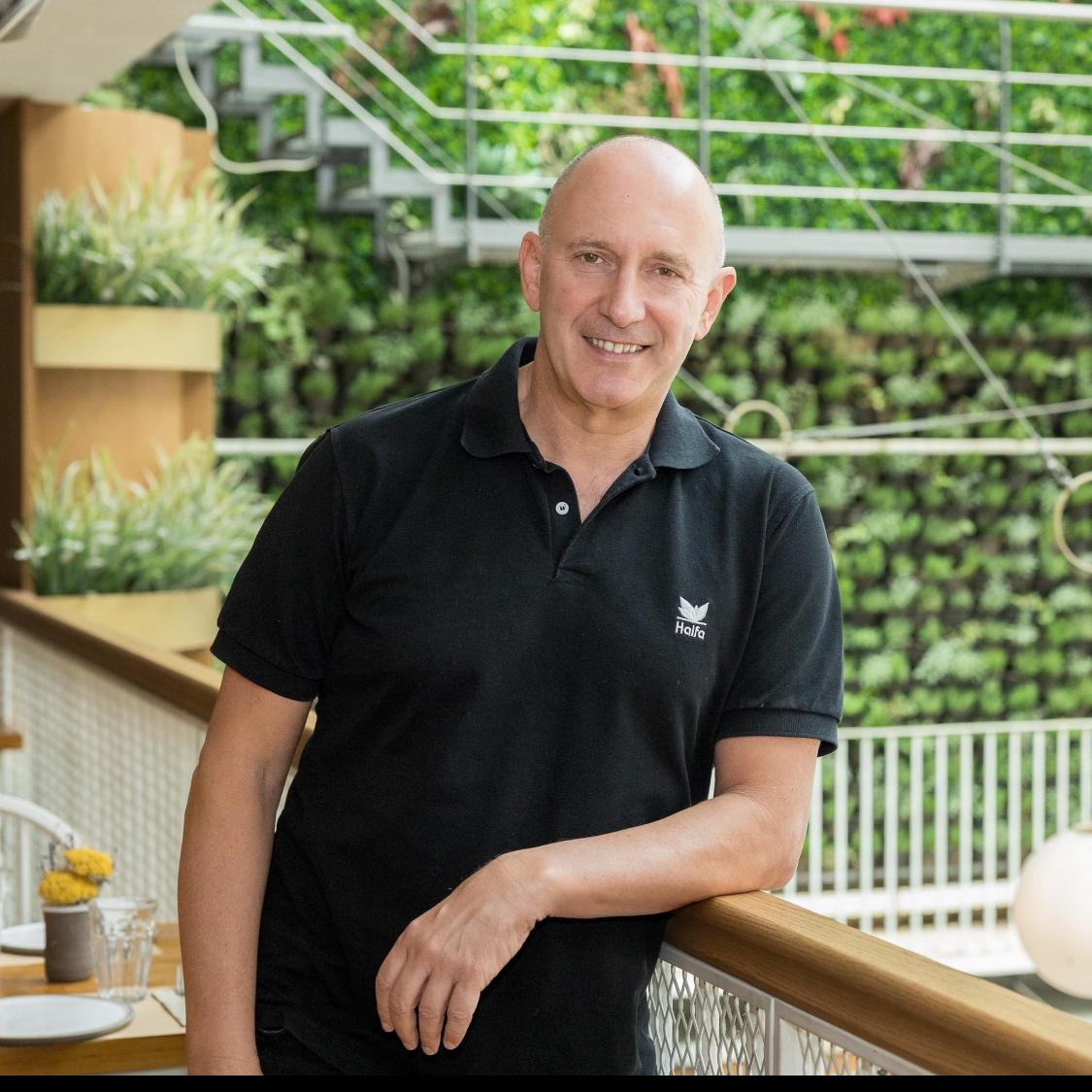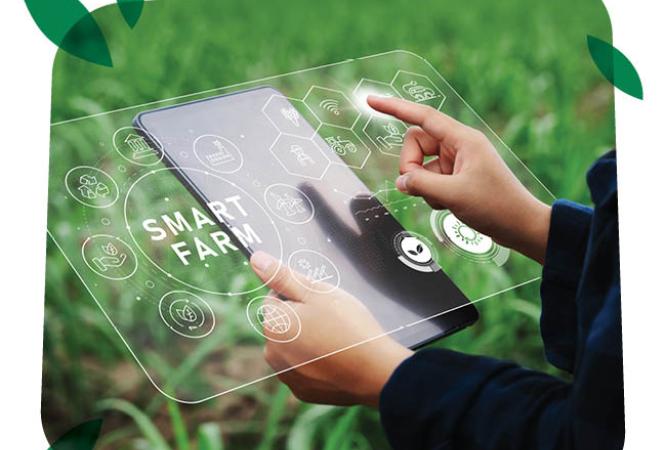 As we approach 2050, global agriculture faces critical challenges that demand urgent action. With population growth and rising food consumption putting immense pressure on our food systems, traditional farming methods are no longer sufficient. Shrinking arable land, escalating water scarcity, and the increasing impact of climate change further complicate the situation. These challenges highlight the critical need to rethink our approach to food security. To meet future demands, we must embrace innovative solutions that can adapt to a rapidly evolving world while ensuring sustainability and resilience in the face of extreme weather and resource constraints.
As we approach 2050, global agriculture faces critical challenges that demand urgent action. With population growth and rising food consumption putting immense pressure on our food systems, traditional farming methods are no longer sufficient. Shrinking arable land, escalating water scarcity, and the increasing impact of climate change further complicate the situation. These challenges highlight the critical need to rethink our approach to food security. To meet future demands, we must embrace innovative solutions that can adapt to a rapidly evolving world while ensuring sustainability and resilience in the face of extreme weather and resource constraints.
To tackle today’s global agricultural challenges, we can learn a lot from the state of Israel’s experience in the 1960s. Facing severe water shortages, limited arable land, and the challenging task of transforming desert landscapes into fertile farmland, Israel confronted significant obstacles. In response, the country pioneered groundbreaking solutions such as drip irrigation, which revolutionized water efficiency and allowed crops to flourish in arid conditions. Additionally, Israel adopted the water-soluble fertilizers, the "Fertigation" method and other advances agriculture techniques to maximize crop yields on its limited land. These innovations not only ensured food security for Israel but also enhanced its national resilience by turning its constraints into opportunities. Israel's success story serves as a valuable model for the global community, demonstrating that with a focus on research, development, and advanced farming techniques, even the most challenging environments can be transformed, and food security can be achieved.
As the global demand for food continues to grow, achieving higher crop yields while protecting the environment has become a pressing challenge. The "Green Revolution", which was implemented starting the 40s till the 60s of the 20th centuries, made a significant progress in increasing agricultural output in emerging markets through commodities fertilizers and pesticides, but it also brought about substantial environmental harm and resource depletion.
Moving forward, agriculture must embrace a new paradigm centered on precision and sustainability. Leveraging advanced technologies like precision plant nutrition, measured using the Nutrient Used Efficiency (NUE = total outputs/ total inputs) formula will increase growers' affordability while meeting the growing need for food and minimizing ecological impact. Specialty fertilizers play a crucial role in this shift by providing tailored nutrient solutions that enhance crop yields, improve nutrient uptake, and reduce environmental runoff. By applying the exact amount of nutrients when needed, precision agriculture and specialty fertilizers enhances productivity, reduces waste, and conserves vital natural resources, paving the way for a more economical and sustainable future in farming.
Technology is playing a transformative role in this new era of agriculture. The integration of IoT, big data, and deep learning is enabling farmers to make informed, real-time decisions that enhance efficiency and sustainability. Smart agriculture tools, for example, allow for precise monitoring of crop's nutrition, health and water usage, helping farmers maximize yields with fewer inputs. These technological advancements not only increase productivity but also contribute to climate change mitigation by reducing the environmental footprint of agriculture operations.
The transition to precision and sustainable agriculture is essential for securing the future of global food systems. By embracing these innovative practices and leveraging cutting-edge technology, we can create a resilient agricultural framework that meets the needs of today’s population while preserving the planet for future generations. Focusing on Nutrient Use Efficiency and sustainable agriculture solutions is key to safeguarding our planet's health, ensuring food security, and fostering a thriving humanity.
Motti Levin has been serving as the CEO of Haifa Group since February 2018. With nearly three decades of experience in senior management positions in international companies, including CEO and CFO roles in various industries, including logistics, international trade, chemicals, fertilizers and Agtech.




